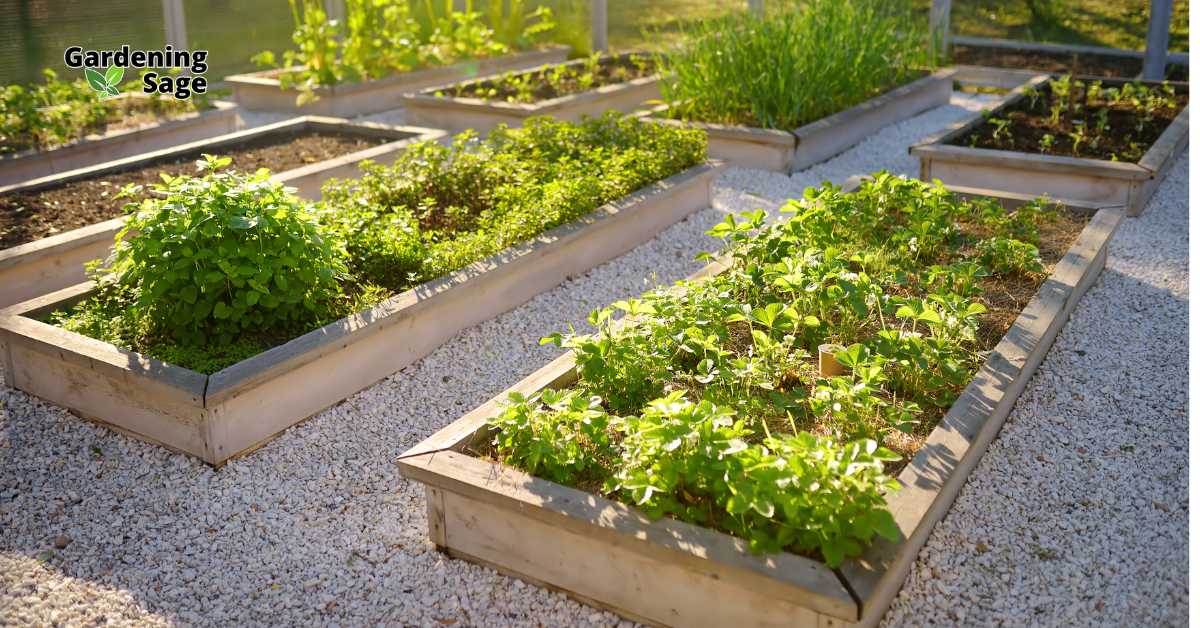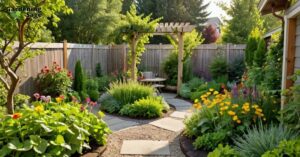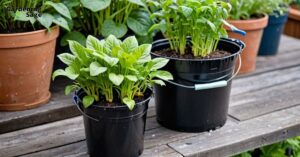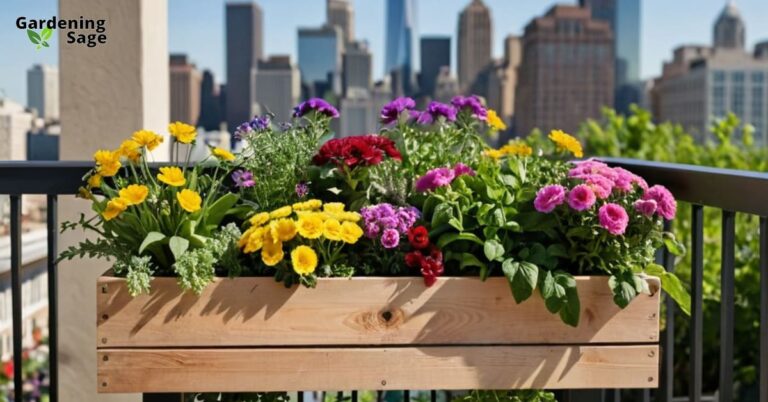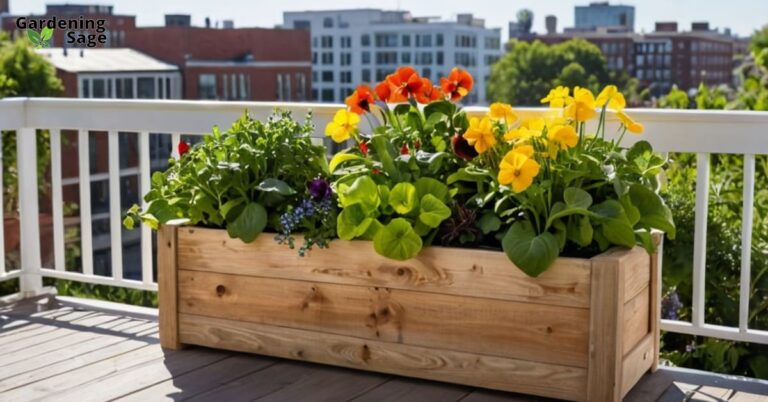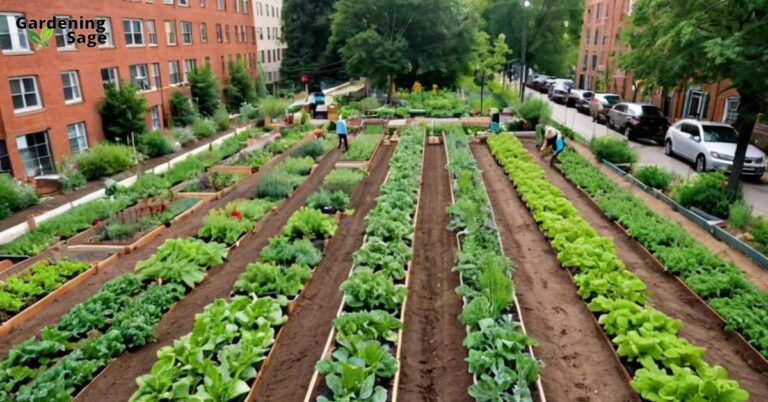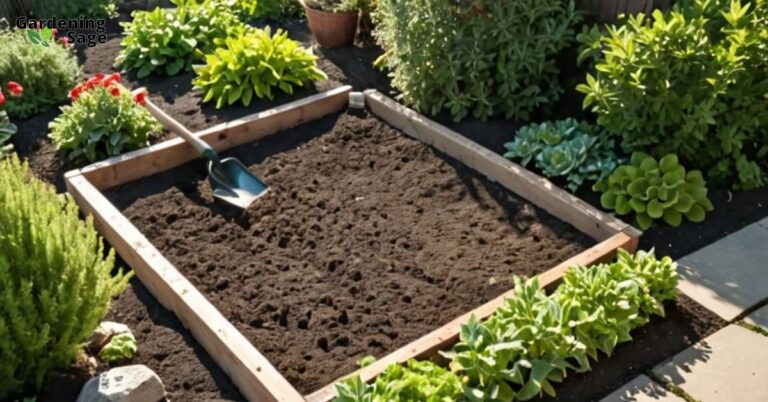Gardening is an art that combines skill, patience, and a bit of earth’s magic.
In recent years, raised bed gardening has gained immense popularity among garden enthusiasts, offering a plethora of benefits that cater to both novice and seasoned gardeners.
This guide explores the multifaceted advantages of raised bed gardening, particularly focusing on how it can significantly improve soil health and plant growth.
Understanding Raised Bed Gardening
Raised bed gardening involves growing plants in soil that’s elevated above the ground level, typically enclosed within frames made of wood, stone, or other materials.
This method provides a controlled environment for plants, offering better soil conditions, ease of management, and aesthetic appeal.
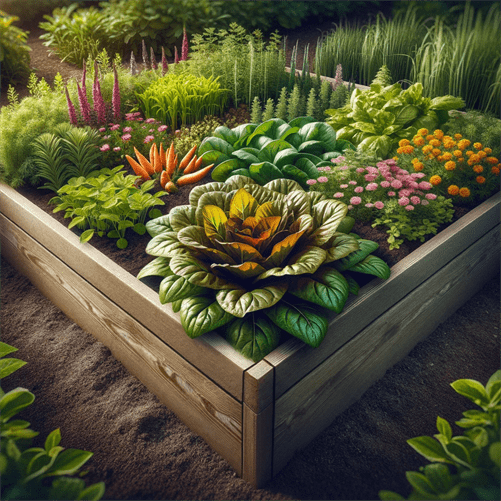
1. Superior Soil Quality
The cornerstone of successful gardening is soil quality. Raised beds allow for complete control over the soil’s composition.
Gardeners can fill their beds with a blend of high-quality soil, compost, and other organic materials, creating an ideal growing environment that’s often superior to the native ground soil.
2. Enhanced Drainage and Root Health
One of the primary challenges in conventional gardening is managing soil drainage. Raised beds naturally offer better drainage, preventing the risk of waterlogging and root diseases.
This improved drainage leads to healthier root development and, consequently, healthier plants.
3. Accessibility and Ergonomics
Raised beds bring the garden up to you. This elevation makes gardening more accessible, especially for those with mobility issues or back pain.
It reduces the need for bending and kneeling, making the gardening experience more comfortable and enjoyable.
4. Longer Growing Season
Raised beds warm up faster than in-ground beds in the spring, extending the growing season. Earlier planting and later harvesting can significantly increase your garden’s productivity.
5. Effective Pest and Weed Control
The elevated and contained nature of raised beds helps in managing pests and weeds. Physical barriers can easily be installed to prevent burrowing pests, and the higher elevation tends to deter slugs and snails.
Additionally, weeds are often less prevalent in raised beds, and those that appear are easier to manage.
6. High Yield in Small Spaces
Raised beds are ideal for maximizing yields, especially in limited spaces. With better soil conditions and drainage, plants can be spaced more efficiently, leading to a higher yield per square foot compared to traditional gardening.
7. Ease of Maintenance
Gardening in raised beds simplifies many maintenance tasks. The soil in raised beds doesn’t compact easily, reducing the need for frequent tilling.
Mulching, watering, and monitoring for pests and diseases become more manageable in the contained space of a raised bed.
8. Aesthetic and Custom Design Raised beds offer a visually appealing element to your garden. They can be designed in various shapes and sizes, adding structure and style to your outdoor space.
Creative designs can turn your garden into a focal point of beauty in your yard.
9. Soil Erosion Prevention
In areas prone to soil erosion, raised beds can be a practical solution. They prevent soil from washing away, preserving your valuable topsoil and the nutrients within it.
10. Ideal for Various Locations
Whether you have a sprawling backyard or a small urban space, raised beds can be adapted to fit. They’re perfect for transforming patios, rooftops, or balconies into productive garden spaces.
11. Sustainable Gardening Practices
Raised bed gardening encourages sustainable practices. By controlling the soil and resources used, gardeners can efficiently use water, minimize waste, and reduce the need for chemical fertilizers and pesticides.
12. Building Community and Education
Raised beds can be an excellent tool for community gardens and educational projects. They provide a clear, manageable area for teaching gardening techniques and can be a communal space for sharing knowledge and produce.
Raising the Bar in Gardening
Raised bed gardening is a powerful tool in a gardener’s arsenal. It offers a combination of practical benefits, aesthetic appeal, and efficiency.
Whether you’re a beginner or have years of gardening under your belt, incorporating raised beds into your garden strategy can lead to more robust plant growth, a healthier garden ecosystem, and an overall more rewarding gardening experience.

